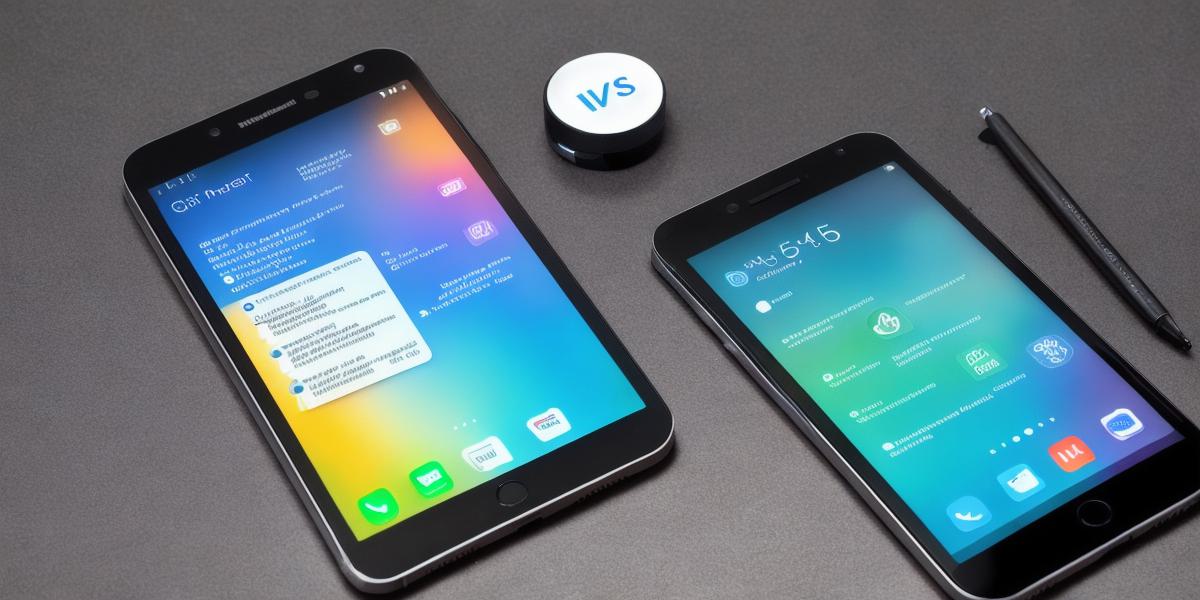The world of mobile app development is a vast landscape filled with endless possibilities and opportunities. Two of the most popular platforms for developing apps are Android and iOS. While both platforms offer their unique advantages, there are several key differences between Android and iOS development that every developer should be aware of before choosing which platform to pursue. In this article, we will explore some of the main differences between Android and iOS development and provide a comprehensive analysis of each platform’s strengths and weaknesses.
Android Development vs iOS Development: Key Differences
- Operating System: The first and most significant difference between Android and iOS development is the operating system they use. Android is an open-source platform that allows developers to customize their apps according to their requirements, while iOS is a proprietary platform that has strict guidelines for app development.
- Market Share: Android has a larger market share compared to iOS. With over 80% of the global smartphone market, Android has a much more extensive reach than iOS. However, iOS has a higher average revenue per user, making it an attractive platform for developers looking to generate high revenues from their apps.
- App Store Approval: App store approval is another crucial factor that affects both platforms differently. Android has a more relaxed app store approval process compared to iOS, which has stricter guidelines for app submission. This can make it easier for developers to get their apps on the Google Play Store but may also increase the risk of getting rejected if they don’t meet all the requirements.
- Development Tools and Frameworks: Android development tools are more accessible and have a broader range of options compared to iOS. This allows developers to use different programming languages, such as Java or Kotlin, and frameworks like React Native, Flutter, and Xamarin. On the other hand, iOS developers primarily use Swift or Objective-C and have limited options for cross-platform development.
- User Interface: Android devices allow more customization, making it easier for developers to create apps that fit their brand’s aesthetic. Additionally, Android supports a wide range of screen sizes and resolutions, which makes it easier to develop apps that work well on different devices. However, iOS has a more consistent user interface across devices, making it easier for users to navigate and use.

- Monetization Options: Both platforms offer various monetization options, including in-app purchases, ads, subscriptions, and more. However, iOS has a higher average revenue per user, which makes it an attractive platform for developers looking to generate high revenues from their apps. Additionally, Apple’s App Store Connect allows developers to manage their app’s pricing and availability across different regions, making it easier to monetize globally.
Summary
In conclusion, both Android and iOS development have unique advantages and challenges that developers should consider before choosing which platform to pursue. While Android has a larger market share and more accessible development tools, iOS has a higher average revenue per user and stricter guidelines for app submission. Ultimately, the choice between Android and iOS development will depend on each developer’s goals, budget, and technical expertise. To make an informed decision, developers should carefully weigh the pros and cons of each platform and choose the one that best fits their needs.
